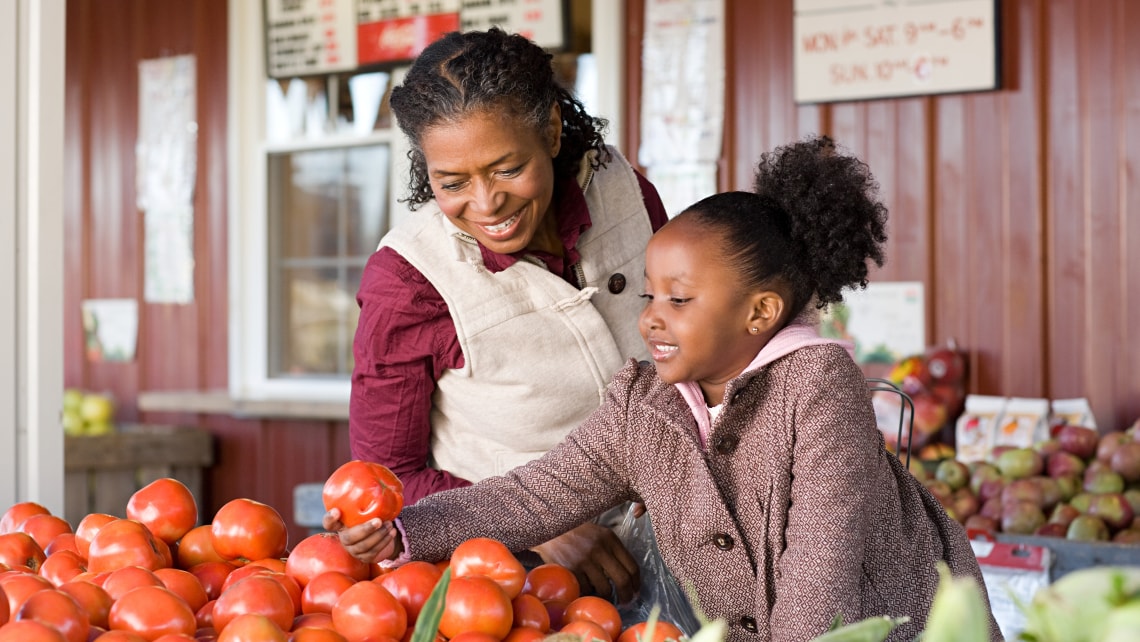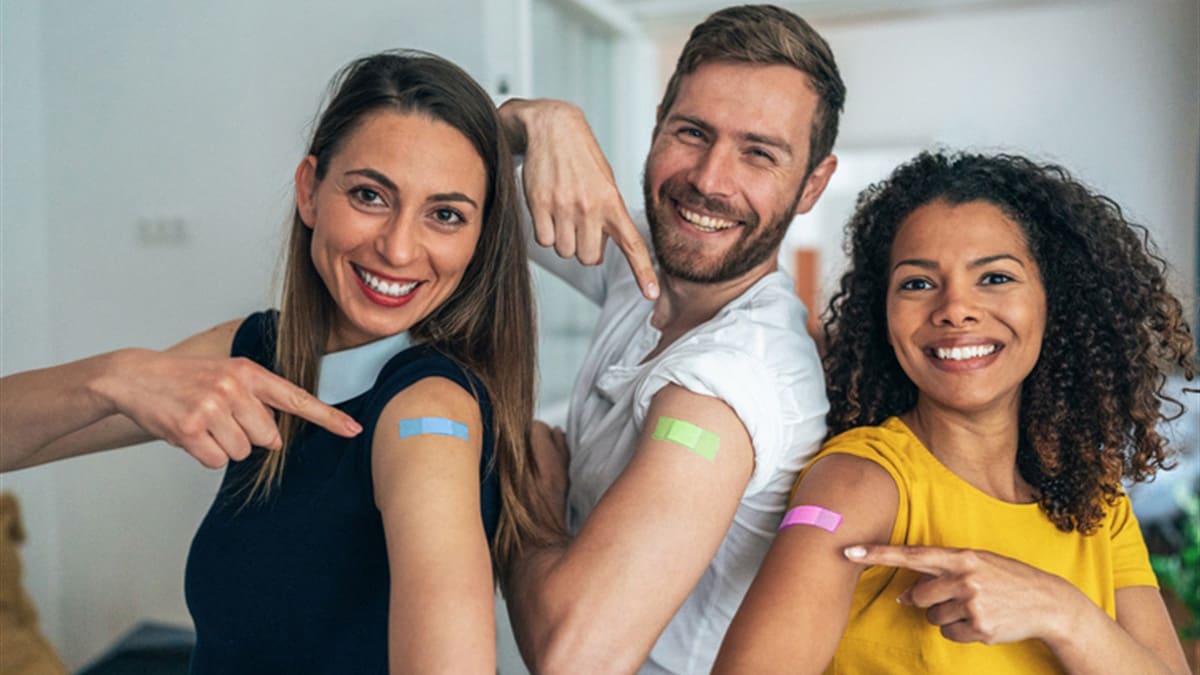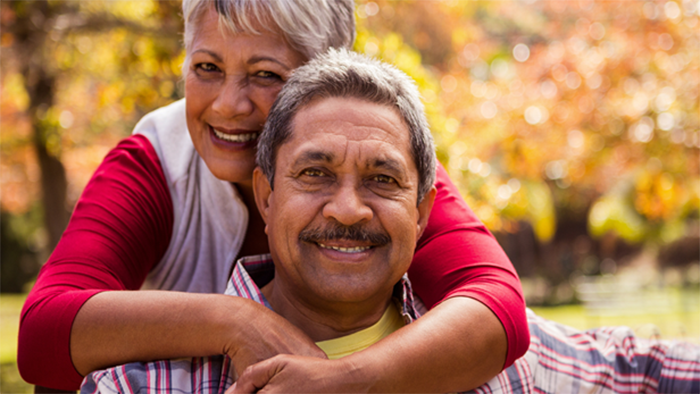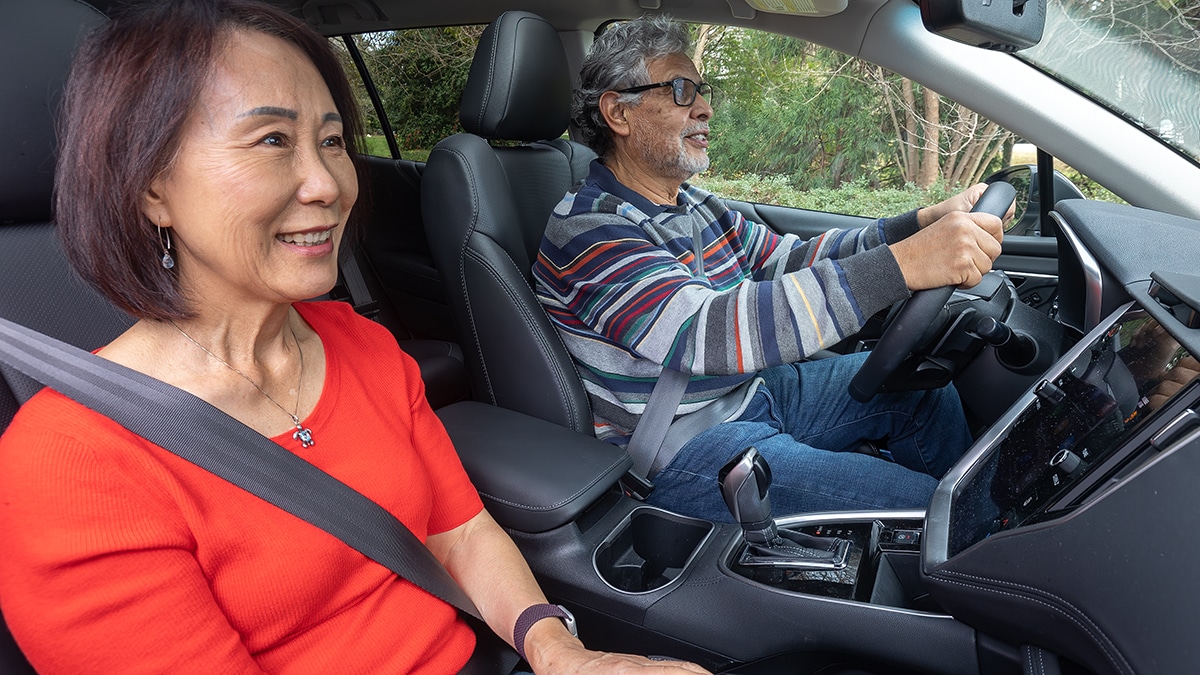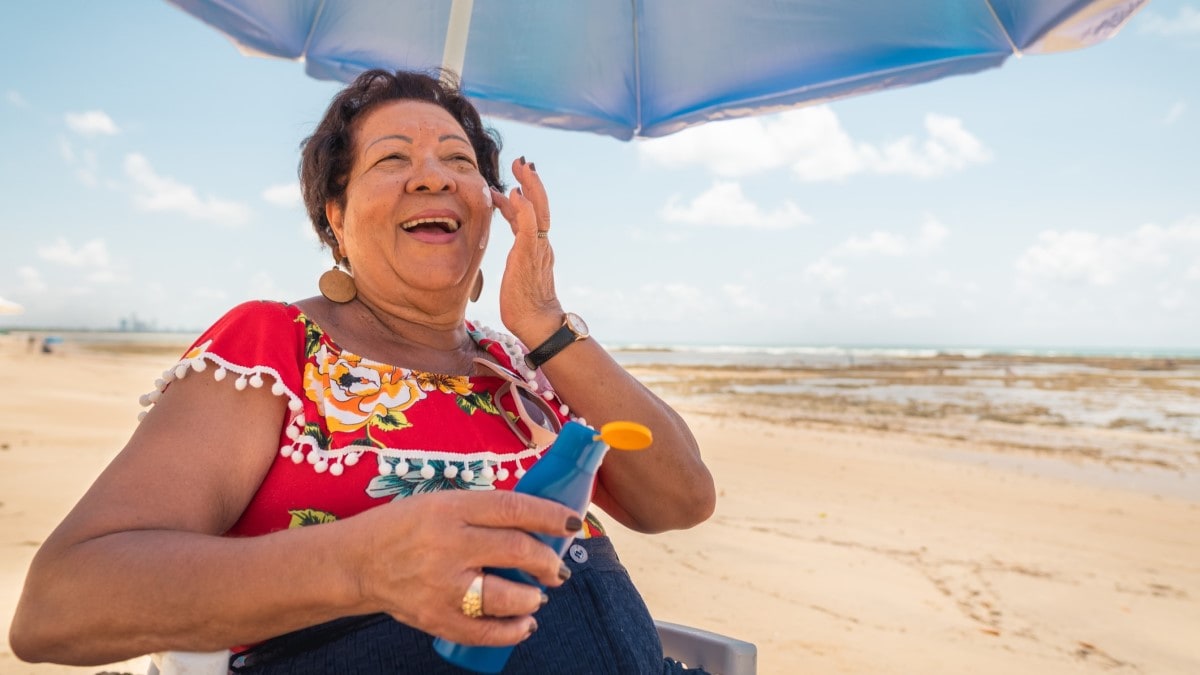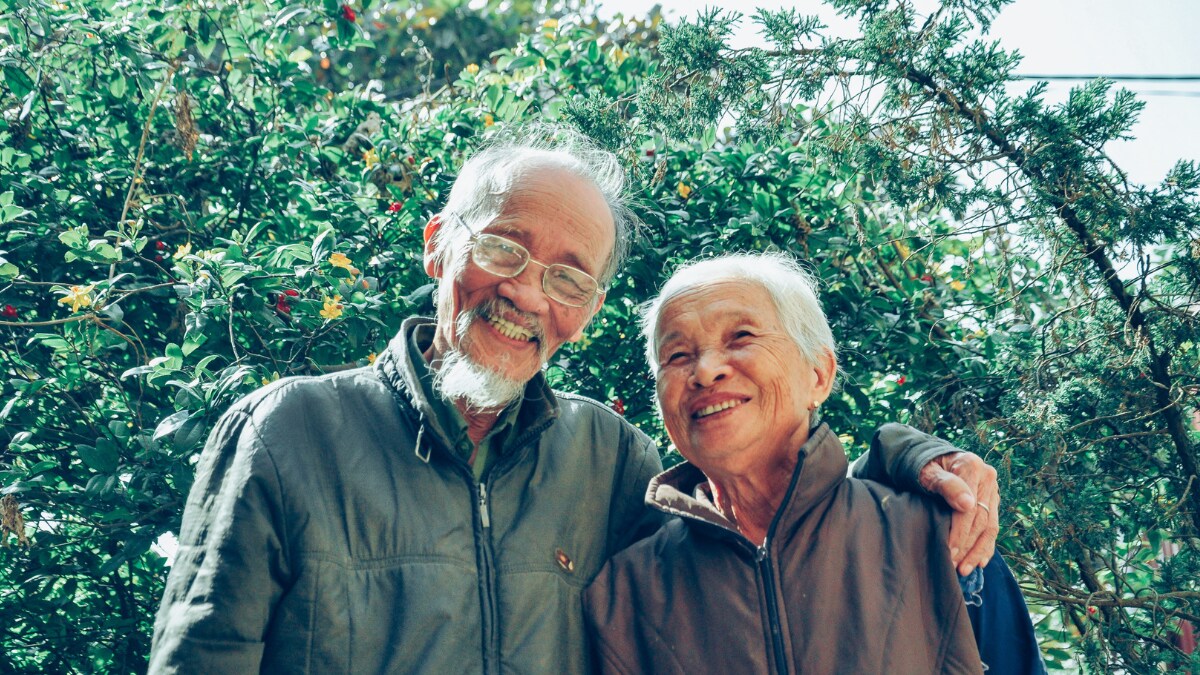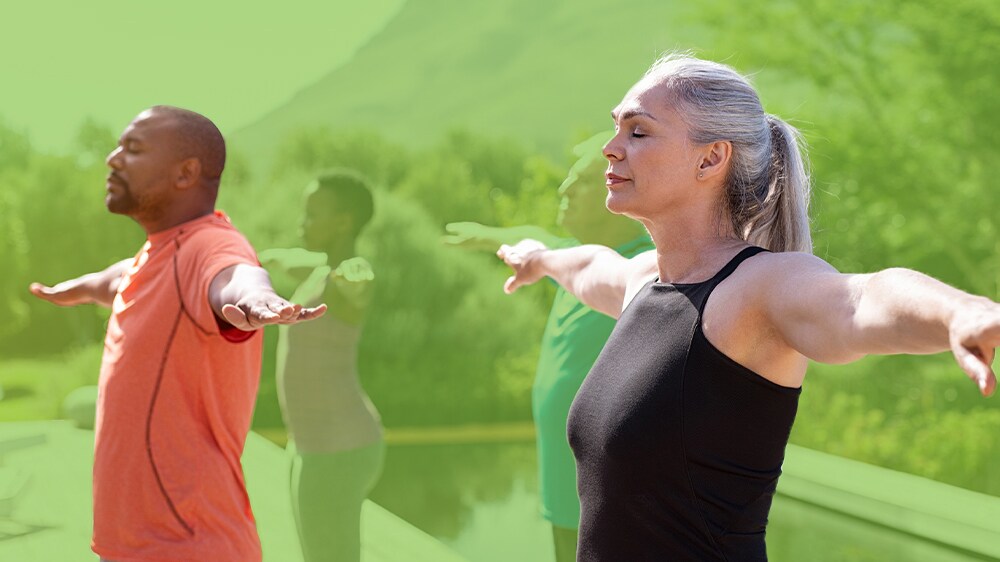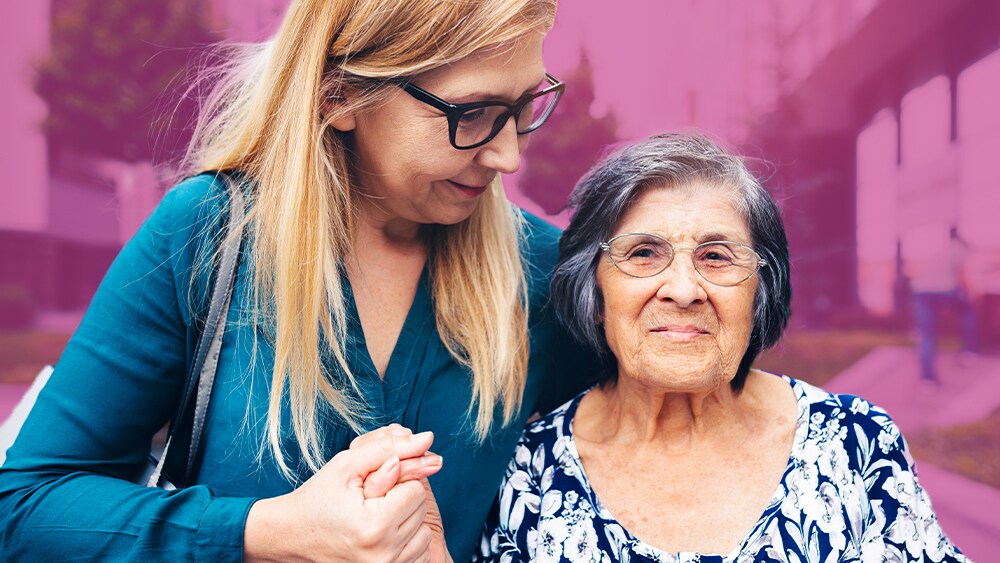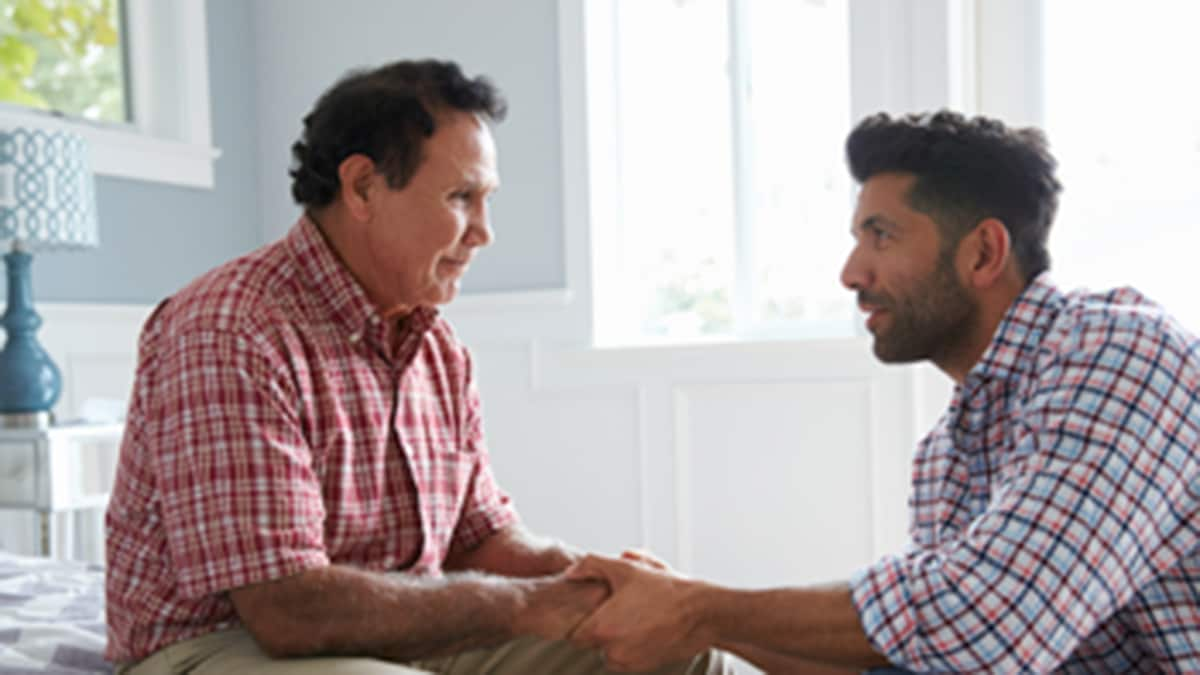At a glance
- Healthy aging is the process of maintaining good physical, mental, and social health and well-being as we grow older.
- Healthy aging is not just for older adults. It starts at any age.
- There are key areas of health that can help you stay strong and healthy throughout your life.
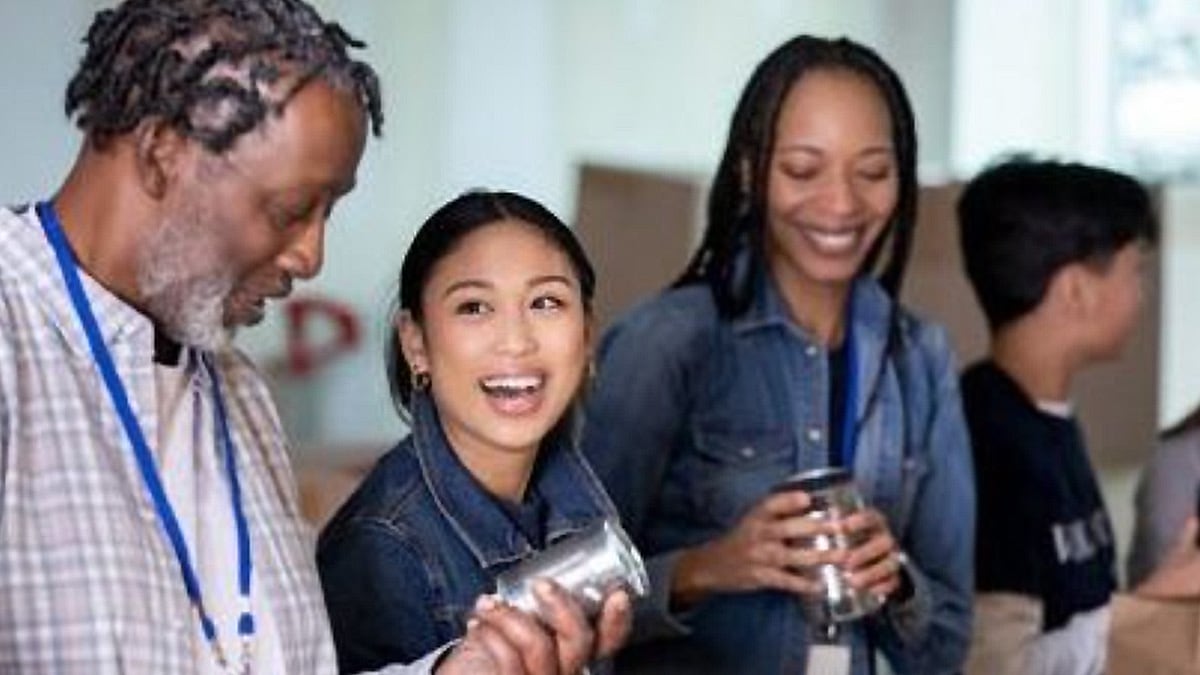
Overview
Healthy aging is the process of maintaining good physical, mental, and social health and well-being as we grow older.
- Healthy aging starts early on in life.
- It means adopting healthy habits and making positive lifestyle choices that contribute to overall well-being as we age.
- Starting early is important to avoid many health complications that may arise in later life.
- But it is never too late to adopt healthy habits for positive change.
CDC offers information and programs to promote healthy aging and longer lives.
What you can do
Healthy aging means adopting healthy habits and making positive lifestyle choices that contribute to health and well-being as we grow older.
These habits may include:
- Nutrition. Maintain a healthy, balanced diet.
- Physical activity. Keep your body active by doing regular exercise.
- Mental functioning: Keep your mind stimulated and get enough sleep.
- Social well-being: Stay socially connected and engaged with others.
- Emotional well-being: Take care of your emotional well-being, including managing stress, having a positive outlook, and seeking support when needed.
- Injury prevention: Try to avoid falls and other injuries by taking precautions and practicing safe driving.
- Health care routine: Keep up with regular health checkups, vaccines, and screenings; and manage any chronic conditions.
CDC information and resources
What you can do to prevent chronic conditions like heart disease, diabetes, and cancer.
Explains why adults should get their vaccines.
An introduction to social connectedness for individual and community well-being.
General information and recommendations about sleep and sleep health.
Learn more about emotional well-being.
Older Adult Health
Older adults can stay healthy too! The same things we do to stay healthy in our younger years can also help us later in life. In addition to the resources above, older adults should also consider the following information.
Learn how you can reduce your chance of falling or help a loved one prevent falls.
Learn about risks for older adult drivers and key safety steps.
Less than half of older adults protect their skin from the sun when outside.
Older adults have specific considerations to reduce their risk for severe respiratory illnesses.
Information for adults ages 65 and older on how to age without injury.
Information for caregivers to help your loved ones age without injury.
This page defines elder abuse, presents the latest data, and describes prevention strategies.
